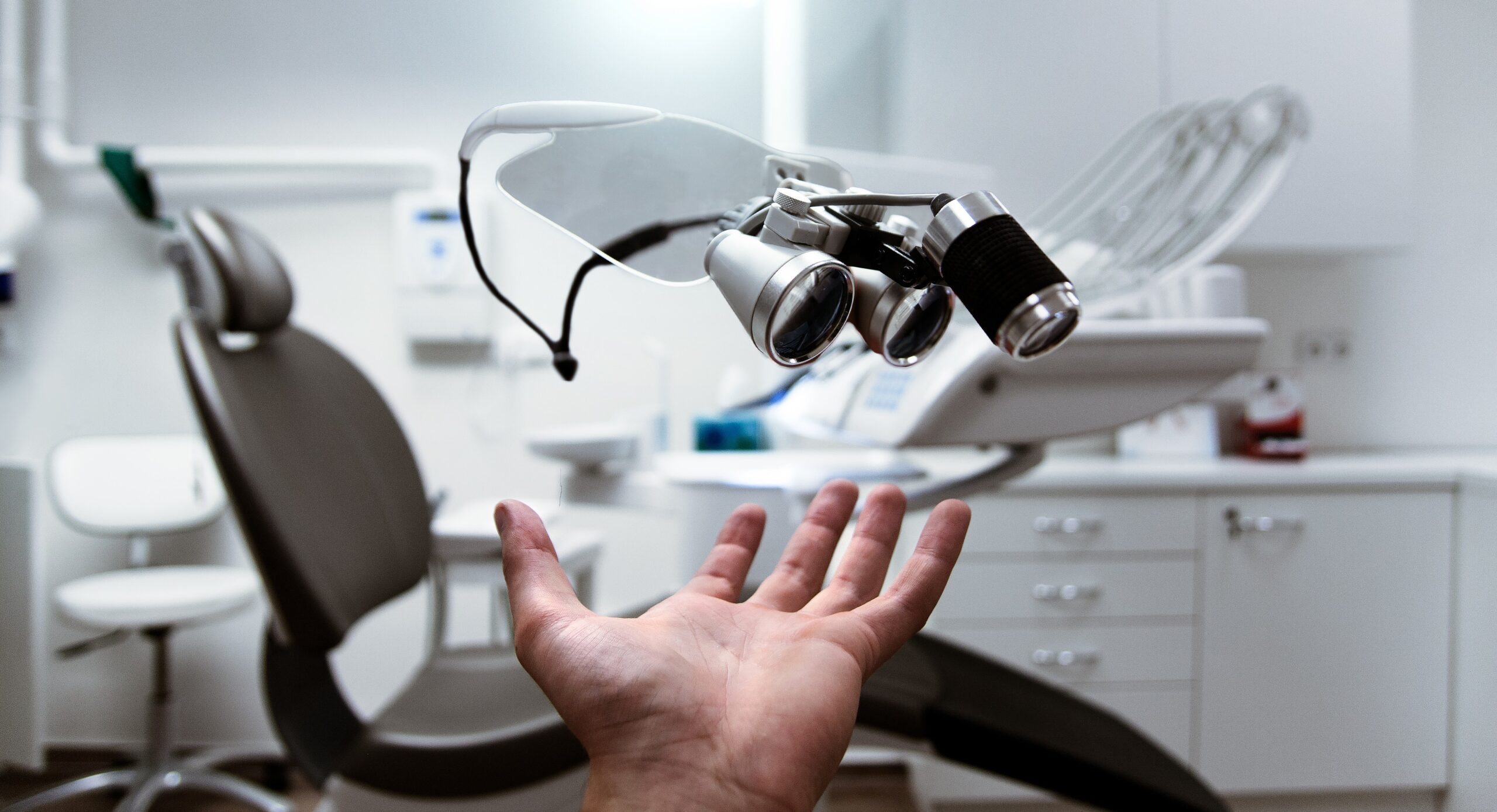
Use of ChatGPT and AI in healthcare
Artificial intelligence has made significant strides in the healthcare industry in recent years, and ChatGPT is one of the technologies leading the way. In this article, we’ll take a closer look at the use and potential use of ChatGPT and other artificial intelligence technologies in healthcare, including their impact on patient care, medical research, and disease diagnosis and prevention.
Impact on Patient Care:
In addition to chatbots, artificial intelligence is being used to improve patient care in a variety of other ways. For example, AI algorithms can be used to analyze patient data to identify individuals who may be at high risk for certain diseases or health complications.
AI can also be used to improve patient monitoring and care in hospitals and other healthcare facilities. For example, AI-powered sensors can be used to monitor patients’ vital signs and alert healthcare providers if any abnormalities are detected. This can help ensure that patients receive prompt medical attention and prevent complications.
Another application of AI in patient care is in medical decision-making. AI algorithms can be used to analyze patient data, medical literature, and other information to generate personalized treatment plans for individual patients. This can help healthcare providers make more informed decisions and provide better care to their patients.
Impact on Medical Research:
Artificial intelligence is also having a significant impact on medical research, particularly in the field of genomics. AI can be used to analyze vast amounts of genomic data to identify genetic variations that may be linked to specific diseases or health conditions.
For example, researchers can use AI algorithms to analyze genomic data from patients with a specific disease or condition and identify common genetic variations that may be contributing to the disease. This can help researchers identify potential targets for drug development and other treatments.
AI can also be used to analyze medical imaging data, such as X-rays and MRIs. AI algorithms can be trained to recognize patterns and anomalies in medical images that may be missed by human radiologists. This can help improve the accuracy and speed of diagnoses, allowing patients to receive appropriate treatment more quickly.
Impact on Disease Diagnosis and Prevention:
Artificial intelligence is also being used to improve disease diagnosis and prevention. AI algorithms can be used to analyze patient data, such as medical history, lifestyle factors, and genetic information, to identify individuals who may be at high risk for certain diseases.
For example, AI can be used to analyze data from electronic health records to identify patients who are at high risk for diabetes or other chronic conditions. This can help healthcare providers intervene early to prevent the onset of these conditions or provide more intensive management for patients who are already living with them.
AI can also be used to improve disease screening and detection. For example, AI algorithms can be trained to analyze medical imaging data to detect early signs of cancer or other diseases. This can help healthcare providers catch these diseases earlier, when they are more treatable.
Potential Challenges and Controversies:
While the use of artificial intelligence in healthcare has many potential benefits, it also raises several challenges and controversies. One of the biggest challenges is ensuring the privacy and security of patient data. AI relies on large amounts of data to function, and this data must be protected from unauthorized access and use.
Another challenge is ensuring that AI is used ethically and responsibly in healthcare. There is a concern that AI algorithms may be biased, leading to unequal treatment of patients based on factors such as race, gender, and socioeconomic status. Additionally, there is a concern that AI could lead to job loss for healthcare workers, particularly in administrative and support roles.
Conclusion:
Artificial intelligence is transforming the healthcare industry by improving patient care, advancing medical research, and enhancing disease diagnosis and prevention. While there are challenges and controversies associated with the use of AI in healthcare, the potential benefits are significant. As AI technology continues to improve, we can expect to see further advancements in the use of AI in healthcare, with the potential to revolutionize the way we diagnose, treat, and prevent diseases.